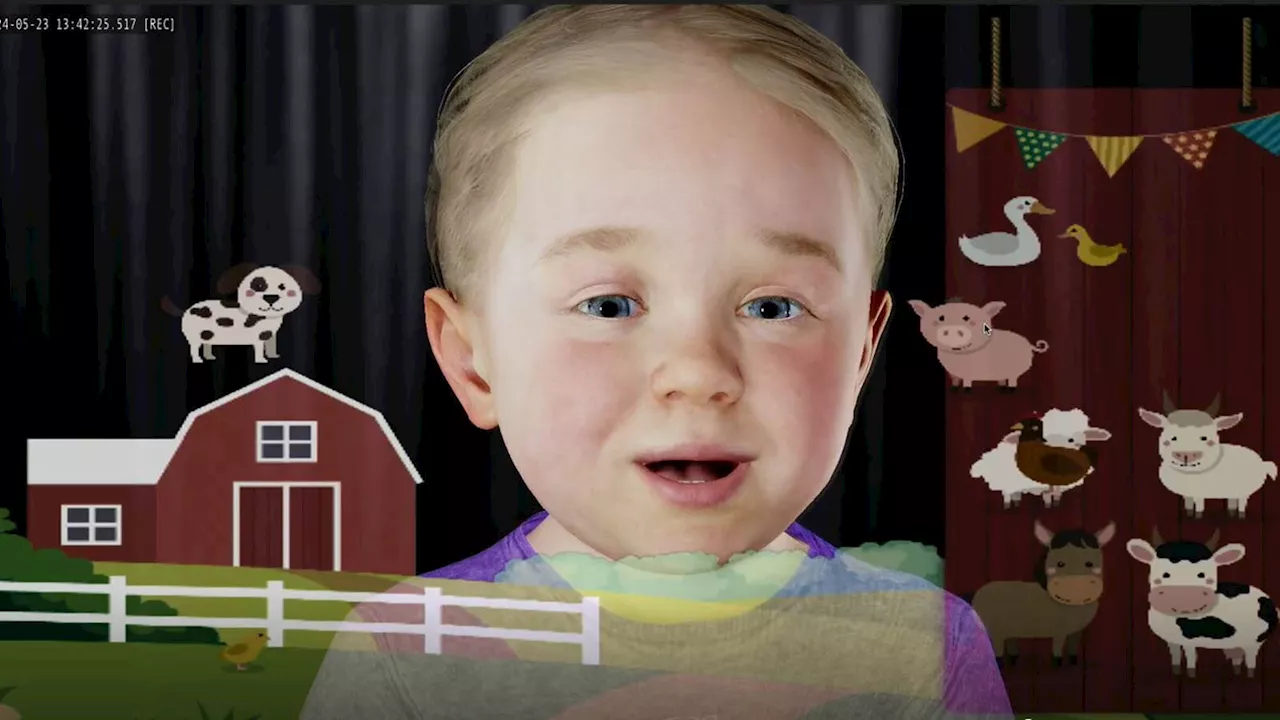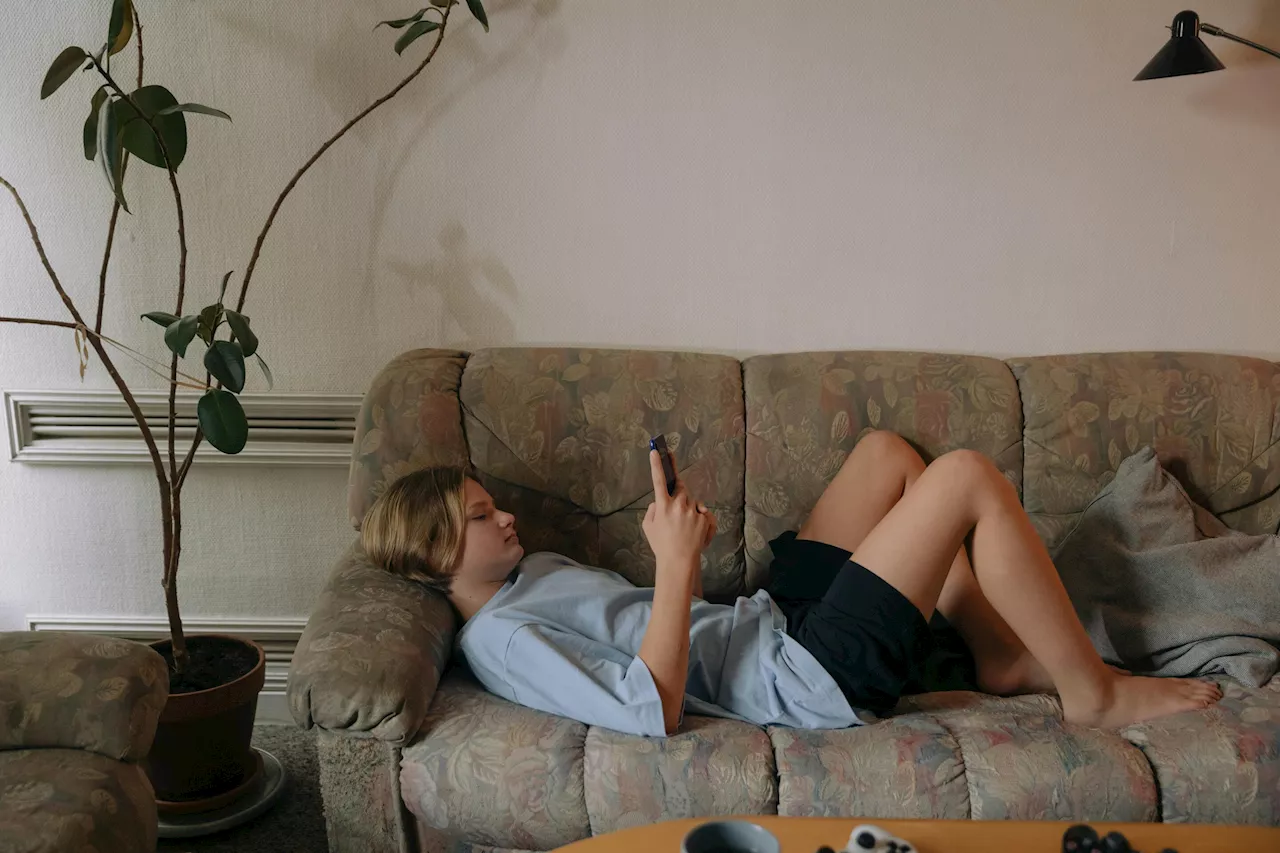Researchers from the Institute of Psychiatry, Psychology & Neuroscience (IoPPN) at King's College London have investigated the feasibility of a new home-administered treatment for binge eating disorder.
Jun 6 2024King's College London Research ers from the Institute of Psychiatry , Psychology & Neuroscience at King's College London have investigated the feasibility of a new home-administered treatment for binge eating disorder . The new treatment combines a gentle brain stimulation technique called transcranial direct current stimulation with a training programme that targets unhelpful patterns of attention around food.
New approaches to meet an unmet need Psychological therapies are recommended for treatment of BED and about 50 per cent of those who receive treatment achieve a full and lasting recovery. TANDEM trial New tDCS devices have been developed to enable self-administration at home. The TANDEM trial investigated whether the simultaneous delivery of at-home self-administered tDCS with ABMT is feasible, acceptable and potentially effective for the treatment of BED.
Participants in the real tDCS with ABMT group also reported that they lost approximately 3.5 to 4 kg between baseline and six-week follow-up . In comparison, over the same period time those who received ABMT with sham tDCS reported that they lost about 1.5 to 2 kg on average and those who received ABMT only reported negligible change in their weight . There was no change in eating behaviour or weight loss in the no treatment control group.
Eating Disorder Anxiety Brain Brain Stimulation Clinical Trial Food Mental Health Neuroscience Obesity Psychiatry Psychology Research Weight Loss
United Kingdom Latest News, United Kingdom Headlines
Similar News:You can also read news stories similar to this one that we have collected from other news sources.
 New home-administered treatment for binge eating disorder shows promising resultsResearchers from the Institute of Psychiatry, Psychology & Neuroscience (IoPPN) at King's College London have investigated the feasibility of a new home-administered treatment for binge eating disorder.
New home-administered treatment for binge eating disorder shows promising resultsResearchers from the Institute of Psychiatry, Psychology & Neuroscience (IoPPN) at King's College London have investigated the feasibility of a new home-administered treatment for binge eating disorder.
Read more »
 Digital infant features in world-first psychology researchBabyX is a hyper-realistic computer-generated simulation of a human infant. In a world first, developmental psychology researchers at the University of Auckland will use the digital child to research adults' interactions with babies.
Digital infant features in world-first psychology researchBabyX is a hyper-realistic computer-generated simulation of a human infant. In a world first, developmental psychology researchers at the University of Auckland will use the digital child to research adults' interactions with babies.
Read more »
 The Psychology Behind Why You Should Put On A Party Hat When Arguing With Your PartnerYes, really.
The Psychology Behind Why You Should Put On A Party Hat When Arguing With Your PartnerYes, really.
Read more »
 New study challenges 'pop psychology' myths about habitsBy ditching 'pop psychology' myths about habits, we can better understand our habits and take more effective action, according to researchers at the University of Surrey.
New study challenges 'pop psychology' myths about habitsBy ditching 'pop psychology' myths about habits, we can better understand our habits and take more effective action, according to researchers at the University of Surrey.
Read more »
 Investigating self-harm and digital technology overuse in young people with lived mental health experienceNew research from the Institute of Psychiatry, Psychology & Neuroscience (IoPPN) at King's College London, in partnership with YoungMinds—a UK's children's mental health charity—has found high levels of problematic mobile phone use, disturbed sleep, and self-harm among young people with mental health conditions.
Investigating self-harm and digital technology overuse in young people with lived mental health experienceNew research from the Institute of Psychiatry, Psychology & Neuroscience (IoPPN) at King's College London, in partnership with YoungMinds—a UK's children's mental health charity—has found high levels of problematic mobile phone use, disturbed sleep, and self-harm among young people with mental health conditions.
Read more »
 Day-long workshop in cognitive behavioral therapy found to effectively reduce depression in 16- to 18-year-oldsNew research from the Institute of Psychiatry, Psychology & Neuroscience (IoPPN) at King's College London has found that providing 16- to 18-year-olds with a day-long course in cognitive behavioral therapy (CBT) was both a clinically and cost-effective means of improving their mental health.
Day-long workshop in cognitive behavioral therapy found to effectively reduce depression in 16- to 18-year-oldsNew research from the Institute of Psychiatry, Psychology & Neuroscience (IoPPN) at King's College London has found that providing 16- to 18-year-olds with a day-long course in cognitive behavioral therapy (CBT) was both a clinically and cost-effective means of improving their mental health.
Read more »
